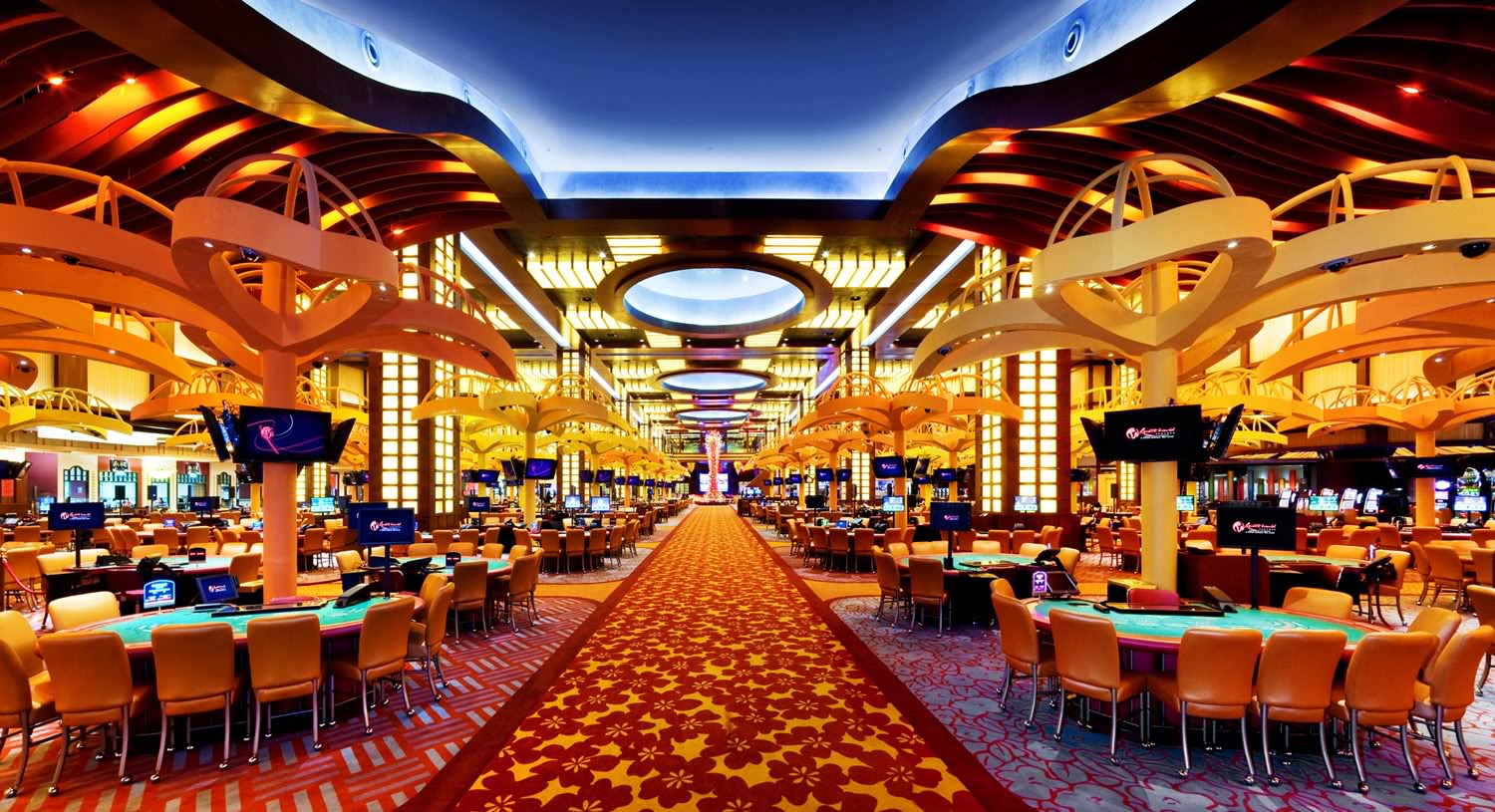
Casino games have long been a staple in human culture, delivering not just entertainment but a captivating reflection of our dreams, dreams, and anxieties. From the spinning reels of a slot machine to the strategic gameplay of poker, these games represent a spectrum of human feelings and experiences. At their core, casino games are not just a chance to make profits; they are a microcosm of life itself, where danger and gain merge and fate can change in an eye blink.
As players assemble around tables or sit in front of glowing machines, they take part in a ritual that transcends mere playing. These games mirror our innate desires for connection, thrill, and the pursuit of luck. They also unveil deeper truths about human psychology, such as our relationship with luck and the adrenaline of risk. In exploring casino games, we reveal not only the nuances of play but also the intricate pattern of the human journey, showcasing our interconnected narratives of hope and reality.
The Psychology of Gambling
Wagering is deeply rooted in the psyche of individuals, tapping into various emotions and wants. The excitement of risk-taking is a fundamental aspect that attracts participants, be it it’s thrill of spinning a roulette or the anticipation of drawing a winning card in poker. This adrenaline is often compared to other forms of thrill, as the uncertainty of outcomes elicits a unique psychological response. Gamblers often find themselves entranced by the possibility of winning big, leading to an almost magnetic draw toward casino games. 78win wiki
Another, a crucial component of the psychology behind gambling is the concept of optimism and ambition. Players often nourish fantasies of financial freedom and the opulent lifestyle that can accompany winning. This optimism fuels their ongoing participation in gambling, as it provides a sense of meaning and the belief that a life-changing win could be just one wager away. The narrative of beating the odds and achieving success resonates with many, reinforcing their dedication to play and involve themselves with these games.
Finally, social aspects play a crucial role in gambling psychology. Gambling venues are designed to foster social interaction, where gamblers gather to share the journey of wins and losses. This communal aspect not only amplifies enjoyment but also affects behavior, as individuals often imitate the actions of others around them. The social validation found in mutual thrill can magnify the emotional experience, making casino games a mirror of not just personal desires but also shared involvement within the gambling community. Nhà cái 78win
### Risk and Reward: A Double-Edged Sword
Gambling activities embody the fragile balance between risk and gain that resonates profoundly with human psychology. The thrill of placing a bet is often accompanied by a jolt of energy, as gamblers are confronted with the possibility of striking it rich, yet conscious of the potential to suffer losses. This dual experience reflects a fundamental aspect of life: the paths we choose often come with built-in risks, and the chase for gain can push us to embrace risks we might not typically consider. In this way, casino games echo real-world choices, enticing gamblers to gamble not just their capital, but also their hopes.
The allure of grand jackpots and payouts fuels a sense of optimism, inspiring gamblers to envision a more promising future that could arise from a single victorious spin of the roulette or dealing of a hand. This positive outlook can motivate individuals to engage in riskier behaviors, urging them to extend their limits in search of financial gain. However, just as in life, the consequences of these decisions can lead to both victory and loss. The narratives of both jackpot winners and those who have lost everything at the tables demonstrate the chaotic nature of luck and its consequential impact on our lives.
Ultimately, the interaction of engaging with casino games serves as a vivid illustration of the nature of humanity. Every game played is loaded with the tension of risk, as players weigh the gains against the risks. This interaction not only highlights the excitement that comes with gambling but also exposes the vulnerabilities that come with the urge for more. As we navigate the challenges of choice and consequence in both the casino and in life, we find that the pursuit of risk and reward shapes our identities and experiences in significant manners.
Culture and Solitude in Casino Culture
Gambling environment is a distinct mix of communal engagement and personal pursuit, reflecting the tensions of human experience. Gamblers often gather around games, experiencing in the excitement of the game, rejoicing in wins, and commiserating over losses. This social aspect is vital, as it creates a sense of belonging and camaraderie among varied groups of individuals. Regular attendees to casinos may form friendships and develop routines, turning the gambling venue into a second home where they feel linked to a greater community of gamblers.
However, the attraction of gambling games can also result to isolation. As players become engrossed in the thrill of playing, they may isolate from personal relationships or fail to engage with the world outside the gaming space. For some, the search of a jackpot can distract from genuine connections, leading to loneliness. The situation of being among people yet feeling solitary is not rare, as the focus shifts from collective fun to the private stakes of each individual’s path.
This interplay of community and isolation creates a rich tapestry that defines casino atmosphere. It highlights the intricacy of human interactions, where joy and despair exist together. Gambling venues serve as both a refuge for social interaction and a platform for individual challenges, illustrating how intimately entwined our yearning for connection and the personal quest for fortune can be. In navigating this environment, players confront their own stories—seeking both the thrill of the game and the fellowship of fellow players, ultimately mirroring the wider spectrum of individual experience.
